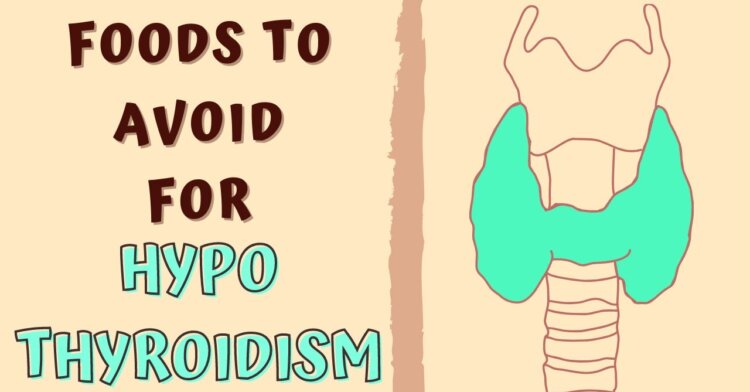Thyroid Health: For optimal performance, our body relies on a range of components, including organs and glands. The thyroid gland is located in the lower front of your neck. The gland secretes hormones into your bloodstream, which affect nearly every organ in your body, including your heart, brain, muscles, and skin. Hypothyroidism can occur when these glands fail to produce the required hormones. As a result of hypothyroidism, your metabolism slows, affecting your entire body.
A balanced, nutrient-rich diet can help people with hypothyroidism improve their thyroid function, minimize vitamin deficiency, and alleviate hypothyroid symptoms. Award-winning nutritionist Lovneet Batra says, “Hypothyroidism is linked to many dangerous diseases and conditions and, hence should be effectively managed. This is where diet plays an important role. You must know what not to eat to aggravate hypothyroidism.”
6 FOODS TO AVOID IN HYPOTHYROIDISM
Soy Foods: Soy includes oestrogen and isoflavones, which interfere with the body’s capacity to use thyroid hormone.
Goitrogens Foods: Foods high in goitrogens include cruciferous vegetables such as kale, broccoli, cauliflower, turnip, cabbage, and spinach. These items can be consumed in moderation after being properly cooked. These plants contain a glycosylated molecule, which competes with dietary iodine and thyroid hormones.
Millets: Apigenin, a flavonoid, lowers the activity of thyroid peroxidase, the enzyme that inserts iodine into thyroid hormone.
Caffeine: Caffeine can interfere with the effects of thyroid medication if taken first thing in the morning after taking it.
Alcohol has a deleterious impact on the body’s ability to absorb thyroid hormone and even on thyroid hormone production.
Sugar: It produces internal inflammation that is not obvious to the naked eye. T4 conversion, which is required for thyroid function, is hampered by inflammation.
Many essential nutrients are more likely to be deficient in hypothyroidism patients. To help with hypothyroid symptoms and thyroid function, some vitamins and minerals can be taken as supplements. However, before beginning any new supplement, consult with a doctor or a dietician.
Source:In







 Finance
Finance







